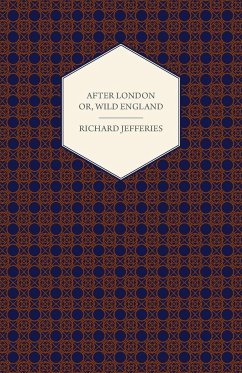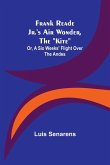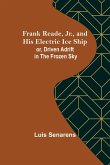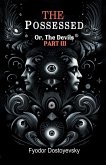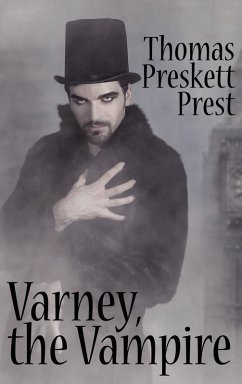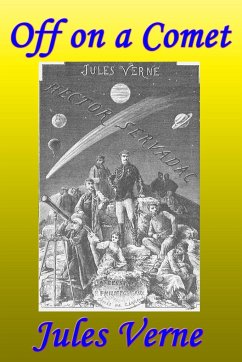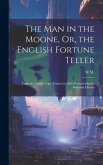This antiquarian volume comprises Richard Jefferies' early example of post-apocalyptic fiction, 'After London'. After an unspecified disaster depopulates England, a small number of survivors are forced to live in a quasi-medieval fashion in a landscape almost entirely reclaimed by nature. Jefferies' unparalleled skill as a nature writer is obvious in this uncannily prophetic portrayal of a post-apocalyptic England that has been hailed as the most beautiful of all Victorian novels. This text will appeal to those with an interest in early speculative fiction, and it is a veritable must-read for fans and collectors of Jefferies' wonderful literature. We are republishing this vintage book now in an affordable, modern edition complete with a specially commissioned new biography of the author.
Hinweis: Dieser Artikel kann nur an eine deutsche Lieferadresse ausgeliefert werden.
Hinweis: Dieser Artikel kann nur an eine deutsche Lieferadresse ausgeliefert werden.

